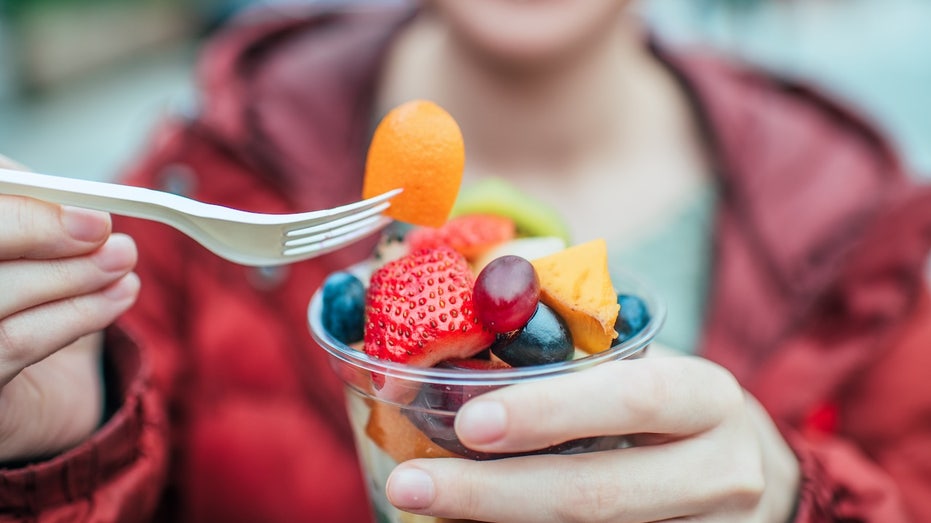Diabetes Risk Lowered by Eating One Surprisingly Sweet Food, Study Suggests

Sarah Johnson
March 22, 2025
Brief
A new study finds that eating fresh mangoes may lower insulin resistance and reduce diabetes risk, challenging concerns about fruit sugars and supporting mangoes as a heart-healthy snack.
Mangoes might be doing more than sweetening your day—they could also be lowering your risk of diabetes. A new study published in the journal Nutrients suggests that eating fresh mangoes may reduce insulin resistance, a key factor in preventing diabetes.
Researchers at the Illinois Institute of Technology explored how consuming fresh mangoes affected inflammation and insulin sensitivity in overweight and obese adults with chronic low-grade inflammation. Participants were divided into two groups: one enjoyed two cups of mango daily, while the other consumed an equivalent amount of calories in Italian ice, a sugary frozen dessert.
The mango group saw "significant" improvements in insulin resistance and beta-cell function, which is how well the pancreas produces and releases insulin to manage blood sugar. After four weeks, their insulin levels had dropped noticeably, unlike the control group. What’s more, the mango eaters did not experience any weight gain, whereas the dessert group showed a slight uptick in body weight.
Study leader Indika Edirisinghe explained, "Managing blood glucose isn’t just about monitoring sugar levels—it’s about improving insulin sensitivity. Adding fresh mangoes to the diet could be a simple, enjoyable way for those who are overweight or obese to reduce their type 2 diabetes risk."
Dietitian Erin Palinski-Wade, author of the "2-Day Diabetes Diet," chimed in, noting that mangoes aren’t the only food with these benefits. Almonds, avocados, and berries also offer protective properties. But she did add a word of caution: mangoes, while nutrient-rich, are still carbohydrates. To avoid blood sugar spikes, she suggested pairing them with lean proteins and healthy fats.
Interestingly, the study found no significant differences in inflammation markers or glucose levels between the two groups, which led researchers to conclude that mangoes are a "heart-healthy" alternative to sugary snacks. Not bad for a fruit that often gets a bad rap for its natural sugar content.
"These findings challenge the misconception that mangoes’ natural sugars contribute to obesity or diabetes," Edirisinghe said. And while the exact mechanism behind mango’s benefits isn’t fully understood, he suggested the antioxidants in the fruit might play a role in improving blood sugar control.
Palinski-Wade reinforced that naturally occurring sugars, like those in mangoes, are easier on the body than added sugars because they come bundled with fiber and antioxidants. However, she advised spacing mango consumption throughout the day to maintain balanced blood sugar levels.
The study was funded by the National Mango Board, though the researchers clarified that the board had no role in shaping the study or its findings. More research is needed to fully understand mango’s impact on blood sugar, but the results add to growing evidence that fruit, including mangoes, can be a part of a diabetes-friendly diet.
So, if you’ve been avoiding mangoes because of their sugar content, this research suggests you might want to reconsider—and enjoy that sweet satisfaction guilt-free.
Topics
Editor's Comments
Who would’ve thought mangoes—a fruit that feels like dessert all on its own—could actually help manage diabetes risk? It’s like nature’s way of saying, 'Here’s something sweet that won’t sabotage your health.' The fact that they even held their own against Italian ice in this study is pretty wild. But let’s not crown mangoes the king of health just yet—balance is still key, folks!
Like this article? Share it with your friends!
If you find this article interesting, feel free to share it with your friends!
Thank you for your support! Sharing is the greatest encouragement for us.



